Product sustainability

Our recent achievements
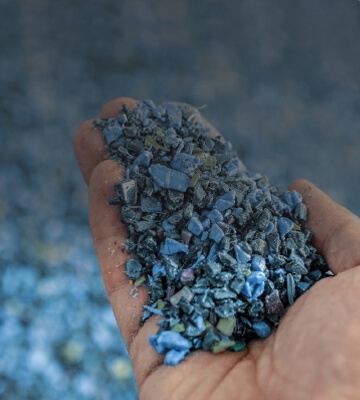
We have crafted our next-generation product enclosures from
recycled plastic.
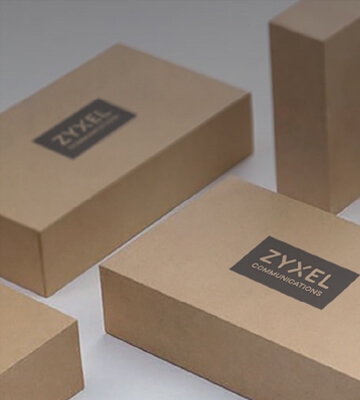
100% of our generic products are packed with
recyclable brown box packaging that reduces environmental impact.
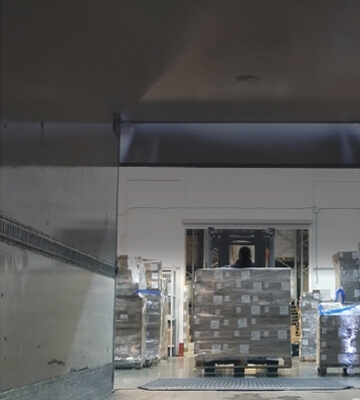
By optimizing our casing design, we have reduced the logistics carbon footprint and increased the number of units per pallet.
Our roadmap for product sustainability design
- First product made of PCR plastic and pulp
- All products made of PCR plastic and pulp
- First product designed with the circular economy principles
- All products designed with the circular economy principles
- All products designed with power-saving software
- First product designed with power-saving software
- Plastic-free packaging for all CPEs by 2030
- Product-based carbon footprint report upon request
- All products with carbon footprint disclosure




Reducing carbon footprint across the entire product life cycle
To help our customers achieve their net-zero goals, we are committed to reducing our carbon footprint from design to disposal. We take pride in the transparency of our products' carbon footprints and encourage you to request information to make smart choices.

Design
Supply chain


Manufacturing
Packaging


Logistics
Carbon footprint disclosure


Disposal and recycling

Learn more
minimal-section
Meet The Minimal Series
Redefining performance and product design
Our next-generation design reduces carbon emissions with recycled plastics, replaceable parts, extended lifespan, and promotes circular economy.
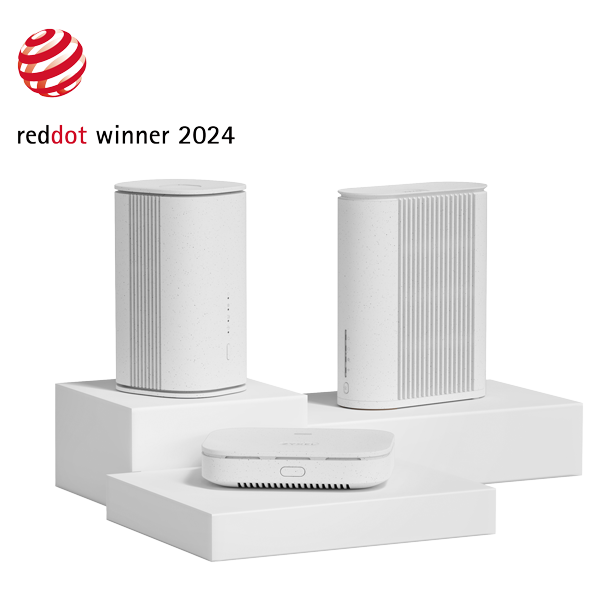

package section
Sustainable packaging
We have taken steps towards sustainability by adopting brown box packaging for over 100% of our generic products introduced in 2024. Our packaging is 100% recyclable and avoids plastic lamination or coating. We print it with single-color, VOC-free inks in minimized areas to further reduce environmental impact.
The new sustainable design optimizes our product volume, increasing pallet utilization and helping to reduce the logistics carbon footprint. This allows service providers to effectively lower transportation and storage costs, achieving maximum operational cost efficiency with minimal carbon emissions.
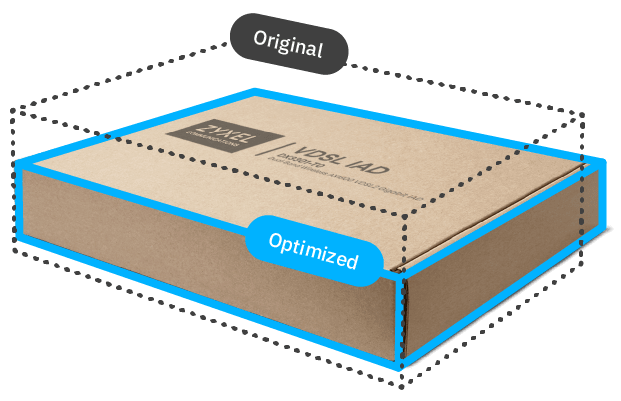
supply chain section
Managing a responsible supply chain
Our supply chain management involves full consideration of economic, social, and environmental aspects to ensure compliance with international regulations and environmental standards. 100% of our key suppliers have successfully achieved ISO 14064-1 certification, and we employ standardized supplier management and risk assessment procedures, including regular audits and guidance for improvement.
To enhance supplier sustainability capabilities, we provide comprehensive sustainability training, including guidance on verifying the carbon footprint of products. We also offer a supplier reward program for those who meet our sustainability goals.
sustainable-manufacturing

Our internationally compliant sustainable product management
The directives with which Zyxel and its suppliers comply cover three main aspects, including ecological design, hazardous substances, and recycling management.
Ecological design
- Eco-design Requirements of Energy-using Products (ErP) Directive
- US Conflict Minerals
- Energy Star(upon request)
Recycling management
- Waste Electrical and Electronic Equipment (WEEE) Directive
Hazardous substances
- Restriction of Hazardous Substances (RoHS) Directive
- Registration, Evaluation, Authorization, and Restriction of Chemicals (REACH) Directive
- Batteries and Accumulators and Waste Batteries and Accumulators (Battery) Directive
- Packaging and Packaging Waste (PPW) Directive
- Stockholm Convention on Persistent Organic Pollutants (POPs)
- Toxic Substances Control Act (TCSA)
